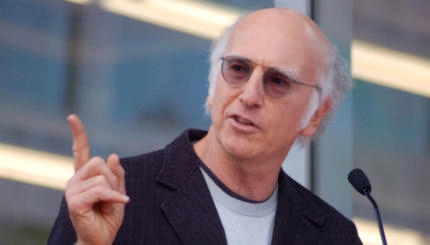There’s not a “look” to Jewish, you just are. This is what I was raised to believe in the Jewish family that adopted me. So why is being Jewish equated with race, with a skin color and ethnicity? I am multiracial. While I’m still in the midst of DNA testing, so far I’ve learned I’m part Taiwanese, Greek, a possible thread from East Africa, and more. I check the “Other” box on forms.
When my parents took our family to temple every year for the High Holidays, all I wanted to do was crawl under the chair in the sanctuary and hide. When my brother had his bar mitzvah, I wanted to hide, too. When my mother sent me to Sunday school and Hebrew class while she volunteered, I wanted to hide. And throughout my early adulthood, I actually did hide that fact that I was raised in a Jewish home.
Why do people stare I wondered in temple? “You’re exotic,” my parents told me in their desire to help. It didn’t though. Nothing helped my non-Jewish features and caramel skin color look more Jewish.
But wait. What is that look? Is Muslim a color, or does Christianity have a skin color? Israelis have olive skin, and some even look like they could be from Latin America, or India. Some of my friends are atheist Jews, which is something I adore about the religion. One can be atheist and still considered Jewish. Judaism is as much a cultural practice as it is a religion, and culture is important in shaping identity.
When I entered motherhood and began to raise my daughters, I reconnected with Judaism. As with much else, “I take what I like, and leave the rest.” I sought out the meditations and music and beliefs of Judaism that I felt would support our family in a spiritual journey.
“So how did you come to Judaism?” a teacher in my oldest daughter’s Jewish school once asked.
I knew the implication: she’d assumed I married into the faith, or I converted. In my case, it’s through adoption. And I identify as Jewish even though people don’t see it. We are a mixed Asian Jewish family, and the values of Judaism teach us to include everyone. “There is not one face of Judaism, but many,” one of my daughters once said when she was in grade school.
Another piece of my own identity gives me an insight into the acceptance of Jews of color. Before my adoption, I was in foster care, and before that, I was born in a prison. While I no longer hold any shame or stigma about my roots, there’s an unspoken aspect of secrecy I sense in the Jewish culture, a sense of a need for secrecy and shrouding of the wounds and pain of the past. I’ve seen it in the hesitancy of the offspring of Holocaust survivors to hide the deep pain of those inhumane atrocities. Yet, as the younger generation, we need to witness the pain and share it so that we can tell the stories and make sure we triumph over future anti-Semitism, racism, and other persecutions and cultural malfunctions and viciousness.
This topic of secrecy can hit a raw nerve in the Jewish community. It’s also reflected in other cultures that come out of persecution, to keep the in-talk “amongst ourselves.” Why is that? Is it out of a history of persecution, where safety is threatened if “outsiders” know “insider info?”
But I think raising our voices will strengthen us, not weaken us.
These days, when a (most likely) Eastern European Jew casts an inquisitive glance in my direction, I bear any off-putting look by keeping in mind the history: Jews were once slaves in Egypt and strangers in another land. You’d think the web of acceptance would cast wide for The Other.
The wave of Jews of color is flooding mainstream Judaism and I hope raising awareness in communities of all colors and religions, non-Jews and Jews alike.
I’m raising my children to include the stranger, to reach out to those who may feel the outsider. And we are not strangers, as the Torah makes clear —all are invited and obligated to be included.
These days when I encounter the comment, “But you don’t look Jewish” I use it as a teaching moment, to look that person in the eye and voice the truth: “But this is what a Jew looks like.”
Moved by this post? Join the conversation through MyJewishLearning’s weekly blogs newsletter.
Torah
Pronunced: TORE-uh, Origin: Hebrew, the Five Books of Moses.


